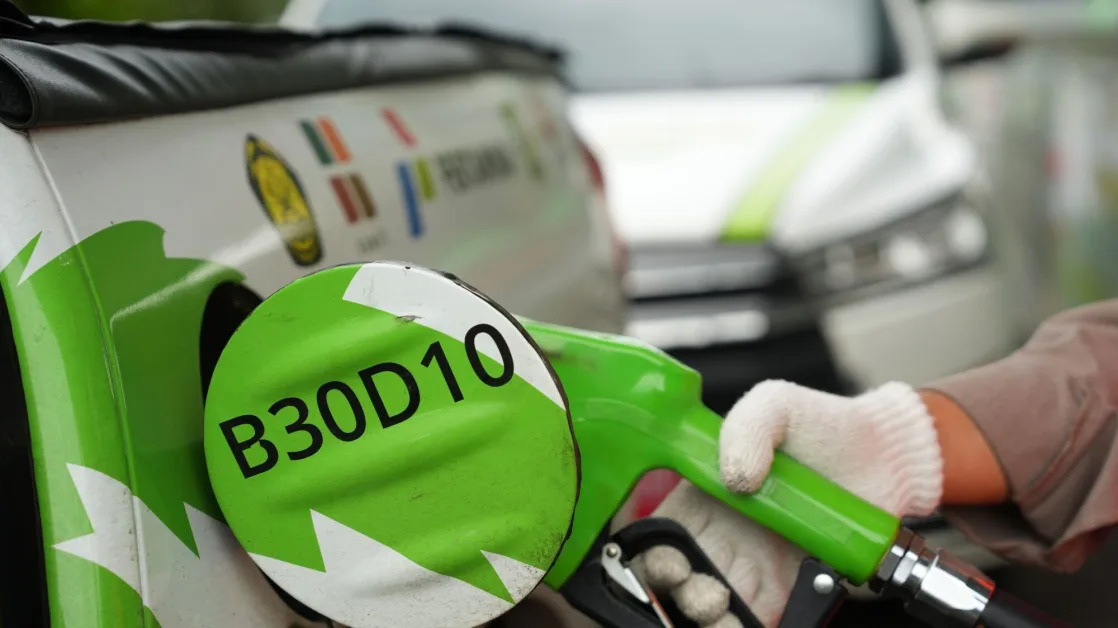(Bloomberg) -- Indonesian consumers, fuel retailers and palm oil producers are facing higher costs from the government’s plan to expand its biofuel program after the price of the tropical oil surged.
The nation plans to increase the volume of palm oil used in its biofuel mix from the start of the new year, and the government typically subsidizes sales of biodiesel to support its blending mandate. However, the jump in palm oil prices has made the cost of the biofuel much more expensive.
To pay for the subsidies, funds are collected from levies on palm oil exports, but that’s likely to fall short given current prices, according to Dida Gardera, part of the steering committee that directs the Oil Palm Plantation Fund Management Agency. The group manages the funds collected from levies.
Indonesia plans to raise the export levy, local news reported earlier this month, and Gardera said the agency was “still preparing the revision.” The nation is raising the volume of palm oil used in its biofuel mix to 40% from 35%, as the government seeks to reduce the import of fossil fuels.
Gardera added that B40 biodiesel will only be subsidized for the public service sector — about 7.5 million kiloliters — given the higher cost. That means fuel retailers will have to absorb the cost or pass it on to consumers.


